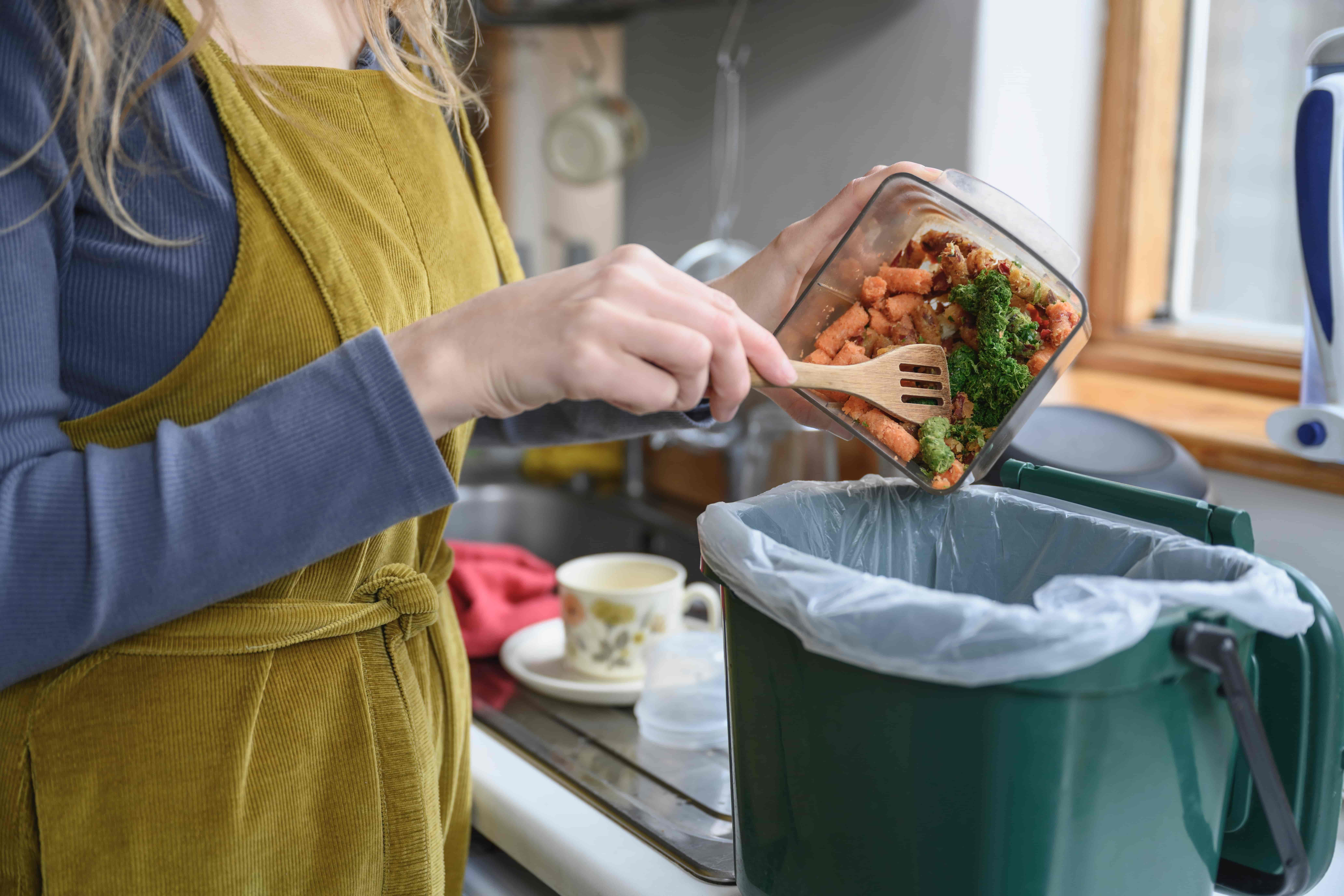
Household Organics Collections in Scotland Report
Our 'Household Organics Collections in Scotland' report is a comprehensive assessment of the environmental, financial, and operation impacts of different household organic waste collection models across Scotland.
By exploring how food and garden waste can be more effectively captured and treated to support national recycling and carbon reduction goals, the report aims to support local authorities in designing effective services that can, in turn, support Scotland’s wider circular economy goals.
Key findings include:
- Separate food waste collections consistently deliver higher capture rates than mixed organics services.
- Free garden waste collections improve recycling performance but may be financially unviable for many councils.
- A hybrid model - separate food waste with charged garden waste - offers near-equivalent recycling performance to fully free services, while saving over £36 million annually across Scotland.
- Reducing residual waste collection frequency (e.g. to three- or four-weekly) further boosts recycling rates and carbon savings.
The report recognises the financial pressures facing local authorities and presents a range of options to help councils make informed decisions based on their local context. It doesn’t aim to prescribe statutory service requirements but is, instead, intended to inform and stimulate discussion.
This research will support future discussions around service design and treatment capacity as part of the evolving Code of Practice. There will also be a series of webinars taking place to unpack these important findings.
To keep up to date with when these webinars will take place, as well as wider Zero Waste Scotland news, please subscribe to our Rewire newsletter.
